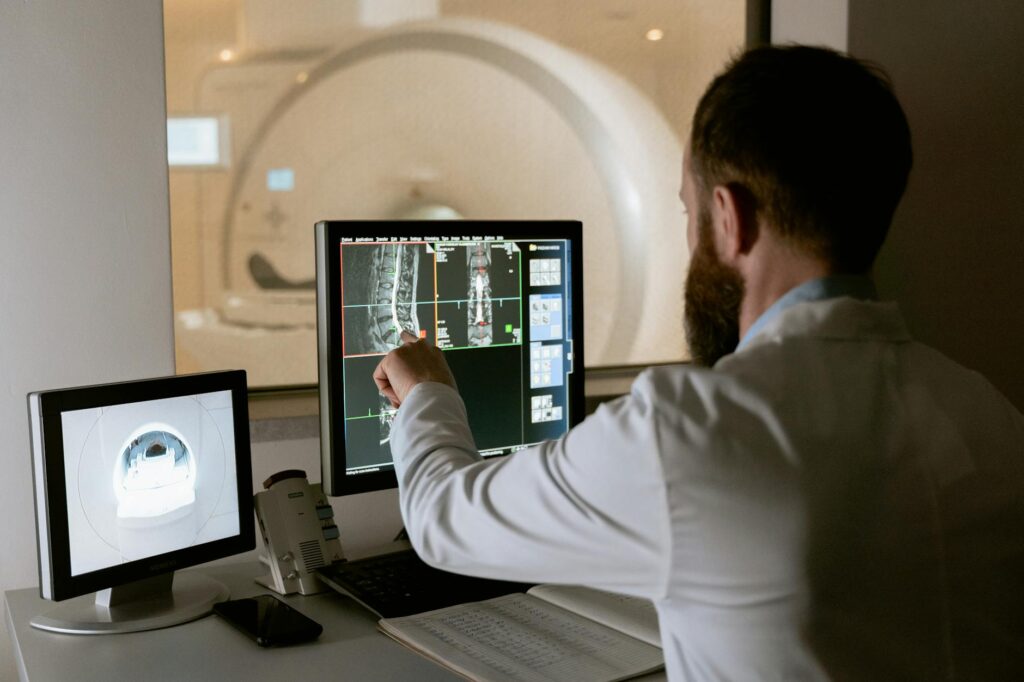What is cognitive assessment?

What is Cognitive Assessment?
Cognitive assessment is an essential tool used to evaluate various aspects of a person’s thinking abilities. In today’s fast-paced world, understanding your cognitive strengths and weaknesses can significantly enhance both personal development and productivity. Whether you’re a student aiming to improve study habits, a professional striving for workplace efficiency, or simply someone curious about cognitive function, a cognitive assessment can provide valuable insights. This article will delve deep into the concept of cognitive assessment, its components, benefits, and how to prepare for it.
Understanding Cognitive Assessment
Cognitive assessment refers to various tests designed to measure different cognitive processes, such as memory, reasoning, and problem-solving abilities. Unlike other assessments that might focus on academic or physical capabilities, cognitive assessments provide a comprehensive view of how well an individual can process information and apply logic.
These assessments can serve many purposes, from diagnosing cognitive impairments to enhancing learning strategies. According to StatPearls, cognitive assessments are crucial for identifying deficits in knowledge, thought processes, or judgment.
Components of Cognitive Assessment
Understanding the components of cognitive assessment is key to grasping its purpose. Typically, cognitive assessments evaluate the following areas:
- Memory: This involves both short-term and long-term memory assessments, gauging how well you can recall information.
- Attention: Measures how effectively you can concentrate on tasks and filter out distractions.
- Reasoning: Evaluates your ability to think logically and solve problems.
- Problem-Solving: Tests your capability to approach complex situations and determine viable solutions.
These components work together to paint a holistic picture of an individual’s cognitive functioning.
Types of Cognitive Assessments
Cognitive assessments come in various forms, each tailored to specific needs and contexts:
-
Standardized Tests: These are formal assessments, often used in clinical and educational settings, designed to compare an individual’s performance against established norms. An example includes the Montreal Cognitive Assessment (MoCA), which takes about 15 minutes to complete and is widely recognized for its effectiveness.
-
Informal Assessments: These can be simple questionnaires or observational methods tailored for specific contexts, such as classrooms or workplaces. They often involve less rigid methodologies than standardized tests.
-
Digital Assessments: With advancements in technology, many cognitive assessments are now available in digital formats. These platforms often provide interactive tests that assess cognitive skills in engaging ways.
Each type has its strengths, and the choice often depends on the specific goals of the assessment.
Benefits of Cognitive Assessment
Cognitive assessments offer numerous advantages for personal and professional development. Understanding these benefits can motivate you to consider undergoing one.
Enhancing Learning and Study Habits
One of the most significant benefits of cognitive assessment is the ability to identify individual learning styles. By understanding how you learn best, you can tailor your study habits to maximize efficiency. For instance, if assessments reveal that you retain information better through visual aids, you might prioritize diagrams and videos in your studies.
Additionally, cognitive assessments can highlight areas needing improvement. Identifying weaknesses allows for targeted strategies to enhance learning.
Improving Workplace Performance
In the workplace, cognitive assessments can be invaluable. They can help employers select the right candidates for specific roles by assessing skills relevant to the job. Moreover, they can guide training programs, ensuring that employees receive the support they need to thrive.
Cognitive ability tests are reliable indicators of an individual’s problem-solving skills and reasoning abilities; understanding these skills can lead to a more effective workforce. A study referenced by Indeed shows that employees who undergo cognitive assessments often perform better in their roles, as they’re matched with tasks that align with their cognitive strengths.
How to Prepare for a Cognitive Assessment
Preparation is crucial for performing well on cognitive assessments. Here are some practical tips to help you get ready.
Setting the Right Environment
Creating a distraction-free environment is vital for optimal performance. This means finding a quiet space where you can concentrate fully on the assessment. Consider turning off notifications on your devices to minimize interruptions, as even minor distractions can impact your cognitive performance.
Practice and Familiarization
Familiarizing yourself with the format of the cognitive assessment can significantly boost your confidence. Engaging with practice tests or quizzes can help you understand the types of questions that may arise. Websites like JobTestPrep offer free practice questions and tips to enhance your skills.
Additionally, try to simulate testing conditions by timing yourself. This practice can help you manage time effectively when you face the actual assessment.
Conclusion
Cognitive assessment is a powerful tool that can unlock your potential, whether in personal development or professional settings. By understanding what cognitive assessments entail, the components involved, and the benefits they offer, you can take proactive steps toward enhancing your cognitive abilities.
So, consider undergoing a cognitive assessment today. You might just discover new strategies to improve your learning, boost your workplace performance, and gain a clearer understanding of your cognitive strengths and weaknesses.

Photo by MART PRODUCTION